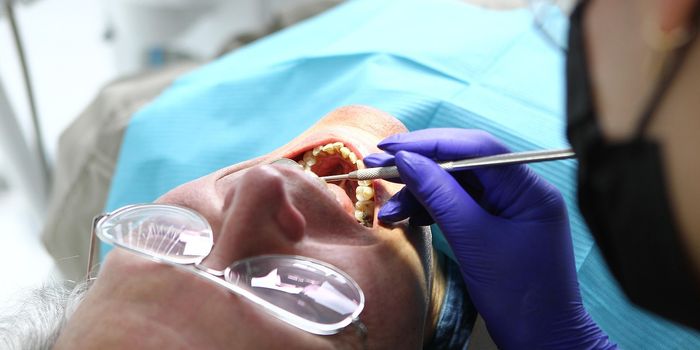Hospitalization for Cannabis Linked to Higher Dementia Risk
Individuals who have visited the emergency department or who have been hospitalized for cannabis are at a 72% higher risk of a new dementia diagnosis within five years than the general population. The corresponding study was published in JAMA Neurology.
“Long-term and heavy cannabis use has been associated with memory problems in midlife along with changes in brain structure associated with dementia. We set out to estimate the risk of being diagnosed with dementia in a group of people whose cannabis use resulted in a visit to the emergency room or required a hospitalization for treatment,” study author Dr. Daniel Myran, a Canada Research Chair in Social Accountability at the University of Ottawa, said in a press release.
For the study, researchers analyzed healthcare data from over 6 million individuals in Ontario, Canada, between 2008 and 2021 including individuals aged between 45 and 105 years old who did not have a dementia diagnosis at the start of the study. Altogether, 16, 275 people, or 0.3% of the cohort, aged 45 years or older underwent acute care due to cannabis use.
After analyzing the data, the researchers found that 5% and 19% of individuals aged 45 years and older who had been treated for cannabis use in acute care were diagnosed with dementia within 5 and 10 years. The same was true for 3.6% and 14.8% of those who underwent acute care for another reason, and 1.3% and 5.5% in the general population.
“Regular cannabis use might directly increase the risk of dementia through changes in brain structure. It’s also possible that regular cannabis use increases the risk of other established risk factors for dementia, including high blood pressure, head trauma and other injuries, and a higher risk for depression and social isolation,” co-author of the study, Dr. Colleen Webber, scientist at the Bruyère Health Research Institute, said in a press release.
"While we collectively need more research to better understand potential risks of regular cannabis use on cognition and dementia, we hope these findings can inform discussion between patients and healthcare providers,” says Myran.
Sources: EurekAlert, JAMA Neurology









